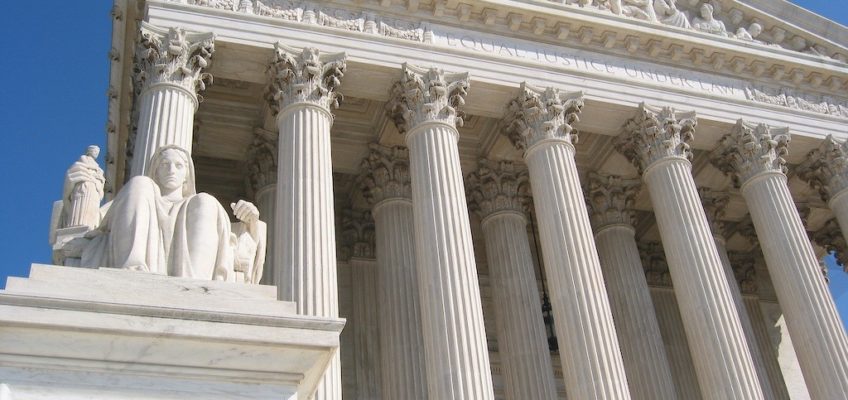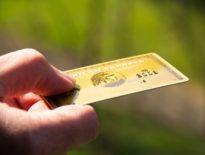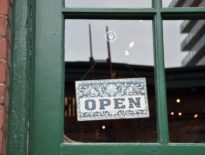On Thursday morning, the U.S. Supreme Court delivered a long-overdue decision that opens the door for states to require out-of-state and online retailers to collect state sales taxes.
It’s an important day for independent businesses: After years of being forced to compete at a significant price disadvantage, locally owned businesses finally have a shot at a more level playing field when it comes to sales tax.
The Court’s decision overturns an earlier opinion, the 1992 case Quill Corporation v. North Dakota. That opinion said that states lack the authority to require out-of-state retailers to collect state sales taxes.
In the 25 years since, however, the rise of online shopping has reshaped the U.S. economy. Independent retailers have had to watch as large online competitors get to play by a different set of rules, and falling sales tax revenues have contributed to state and local budget shortfalls. Meanwhile, online retailers like Amazon have gone to great lengths to exploit what became known as the “physical presence” loophole.
The Court’s opinion in the case South Dakota v. Wayfair, Inc. offers an overdue corrective. In it, Justice Anthony Kennedy, writing for the majority, describes the unfairness that resulted from Quill in no uncertain terms.
“The physical presence rule has long been criticized as giving out of state sellers an advantage,” Kennedy writes. He continues:
“Each year, it becomes further removed from economic reality and results in significant revenue losses to the States… Quill creates rather than resolves market distortions. In effect, it is a judicially created tax shelter for businesses that limit their physical presence in a State but sell their goods and services to the State’s consumers, something that has become easier and more prevalent as technology has advanced… It treats economically identical actors differently for arbitrary reasons.
“The physical presence rule of Bellas Hess and Quill is also an extraordinary imposition by the Judiciary on States’ authority to collect taxes and perform critical public functions. Forty-one States, two Territories, and the District of Columbia have asked the Court to reject Quill‘s test. Helping respondents’ customers evade a lawful tax unfairly shifts an increased share of the taxes to those consumers who buy from competitors with a physical presence in the State. It is essential to public confidence in the tax system that the Court avoid creating inequitable exceptions. And it is also essential to the confidence placed in the Court’s Commerce Clause decisions. By giving some online retailers an arbitrary advantage over their competitors who collect state sales taxes, Quill‘s physical presence rule has limited States’ ability to seek long-term prosperity and has prevented market participants from competing on an even playing field.”
Read the Court’s full opinion here [PDF].
For more of our coverage of online sales tax fairness over the years, see:
- Our explainer on the issue, updated April 2018: “Internet Sales Tax Fairness.”
- Our April 2018 article: “In Long-Awaited Case This Spring, U.S. Supreme Court Has Opportunity to Correct the Law on Sales Tax.”
- Our October 2017 op-ed, “Amazon’s Uneven Playing Field,” and our May 2014 article, “Amazon’s Big Assist from Government,” on Amazon’s role.
For more on this ruling, check out the latest episode of our Building Local Power podcast. In the episode, ILSR’s Stacy Mitchell and Nick Stumo-Langer discuss the decision and what states need to do next.
Photo of U.S. Supreme Court building by zacklur via Flickr.





